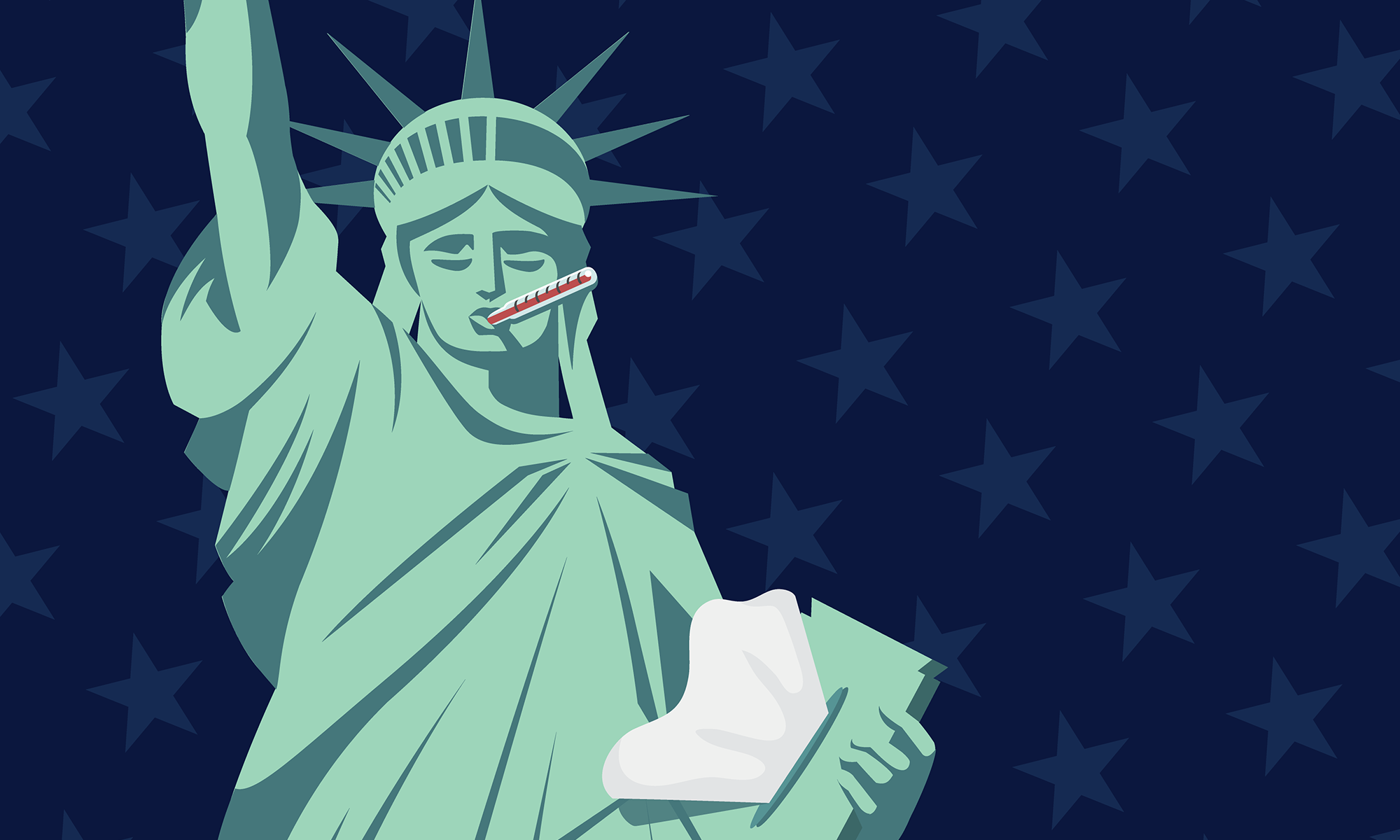Narayana Kocherlakota, the Lionel W. McKenzie Professor of Economics at the University of Rochester, thinks it’s a given that the Federal Open Market Committee (FOMC) will cut interest rates by a quarter percentage point at its meeting on October 29 and 30. Kocherlakota, a former president of the Federal Reserve Bank of Minneapolis, says the economy is strong and the Fed wants to keep it that way, in light of some downside global risks.
One of the big concerns is inflation—it’s too low and has been that way for nearly eight years. And Kocherlakota says that has been hurting the Fed’s credibility.

British Prime Minister Boris Johnson promised that his country would leave the European Union by October 31. Parliament forced him to request a delay, and Johnson is threatening to call a general election. What impact will all this have on the Fed meeting?
It adds to the general layer of uncertainty we have over the global economy. The trade war is another aspect of that. The Fed has to take into account all these forms of uncertainty and try to translate that into what it means for economic activity in the United States. While it’s a negative, it’s not quite clear how big a negative it is. Brexit is a concern for some companies because they don’t know what’s going to happen in Great Britain and Europe, but overall, it’s not a big deal for the US economy.
The bigger issue is the uncertainty in our trade relationships with all countries. Corporations looking to invest outside the US don’t know how much to invest or where to invest because the outcomes are uncertain.
Since the last meeting of the Fed, impeachment inquiries have ramped up in Washington. Will that enter into discussions at this month’s meeting?
I don’t know the answer to that. In principle, it creates more uncertainty. The probability of having a change in the White House before the election has gone up, but not very much, so I don’t think impeachment will be a factor in the Fed’s discussions.
Then what will the Fed focus on?
They remain concerned about downside risks to the global economy feeding into our own economy. And that’s been one of the main reasons they’ve cut interest rates over the last two meetings. The other factor, which gets less attention, is what’s happening with inflation expectations. The Fed measures inflation expectations based on personal consumption expenditures, which puts the current rate at 1.3 percent, well below the Fed’s target of 2 percent. In fact, the Fed has not been successful at hitting its target for nearly eight years.
Why is it desirable to have a higher inflation rate? Isn’t inflation bad?
Inflation is bad, but it’s also good. When people expect a higher rate of inflation, they demand higher interest rates. They want to be compensated for the fact that their money is losing value in their bank accounts because prices are rising so much. A higher expected inflation rate allows the Fed to help the economy during recessions because it gives them more of a cushion to cut interest rates.
The Fed, however, is facing a fundamental loss of credibility on this issue. Do people believe your target, that inflation is going to approach the target rate? There’s a lot of evidence that in the last eight years or so the Fed has lost control. The US is not as badly off as Japan or Europe in this regard, so that’s good. Still, the Fed is facing a big problem.
What do you expect formally to come out of the Fed meeting and why?
The thing I feel some certainty about is that the Fed will announce another quarter percentage point cut in its target interest rate. That’s because it wants to keep the economy strong in the face of the downside risks we’ve discussed. The markets are betting that the Fed will cut rates, and the Fed is aware that the markets are betting that the Fed will cut rates. In a recent appearance, the vice chair of the board of governors, Richard Clarida, had an opportunity to push back on market expectations; he did not avail himself of that. So that tells you the central part of the committee is planning to cut interest rates.
I think some people on the committee are worried about ongoing low inflation and the slide in inflation expectations that I’ve mentioned. I don’t expect the Fed to make an explicit reference to that, but I do think it will inform at least some members of the committee.
The big question, though, is what will they say to tip their hand about December, which will be the final meeting of the year? The Fed will keep its options open in its statement for December. Its blackout phase ends on the Friday after the meeting, and communications in the following two to three weeks will be critical to understanding what they’re thinking about the December meeting. It’s a challenging situation because they want to keep their options open, but they don’t want big market movements. It’s very difficult to have both at the same time.




